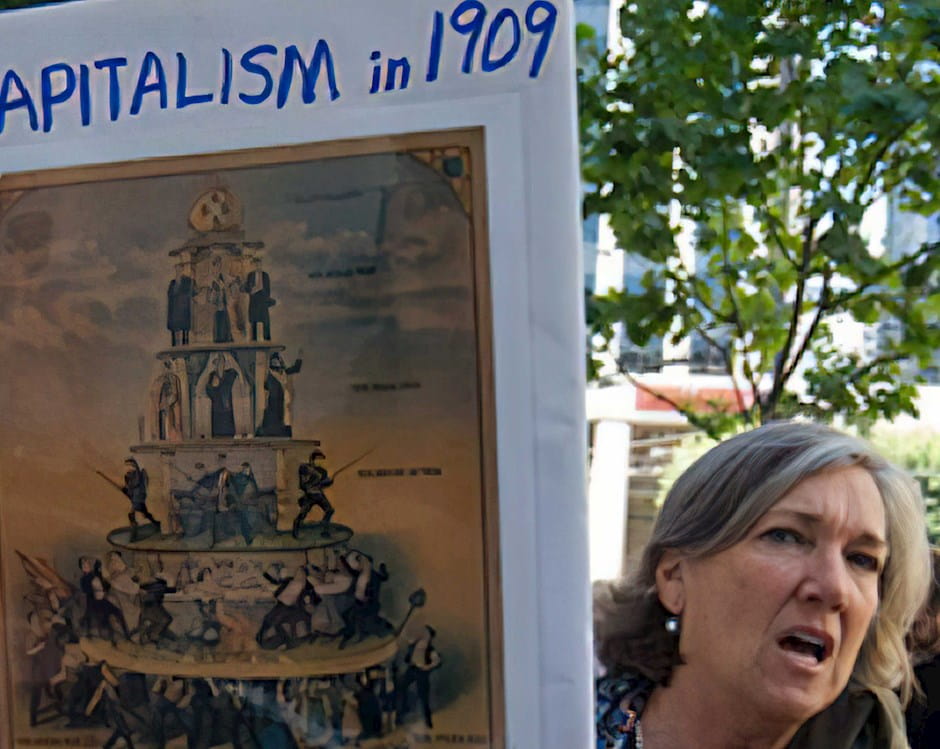
How High Debt Leads to Income Inequality
Debt plays such a common role in the economy that we often forget how harsh it is.
How High Debt Leads to Income InequalityEven before the COVID-19 crisis inflicted damage across the economic spectrum, many people in the United States were financially distressed. A third of individuals had at least one debt in collections, and nearly 5 percent declared bankruptcy in the past seven years, according to pre-pandemic data from credit-reporting agency TransUnion.
But this financial pain is distributed unequally. Many people are more likely to end up in dire straits simply because of characteristics such as household wealth and financial literacy, according to University of Pennsylvania’s Benjamin J. Keys, Stanford’s Neale Mahoney, and Harvard PhD candidate Hanbin Yang.
The researchers studied TransUnion data from 2000 through 2016 for 30 million US adults, tapping into the databases of Chicago Booth's Kilts Center for Marketing. They find an especially low level of financial distress in the Upper Midwest and a particularly high level in the Deep South. But after analyzing almost 150,000 people who moved across the US, the researchers conclude that the source of money problems was more likely to be features such as individuals’ risk preferences and financial literacy than geographic setting.
“Individual characteristics determine whether you get into financial distress, while place-based factors determine whether you use bankruptcy to get out,” the researchers write.
They focused on debt in collection, credit-card nonpayment, and personal bankruptcy filings, skipping measurements such as home foreclosures and auto repossessions, because smaller numbers of people hold those assets. They find that 44 percent of people in the Deep South had an unpaid debt in collections, compared with 24 percent in the Upper Midwest.
Keys, Mahoney, and Yang then looked at how financial distress tends to change when individuals move from one region to another. Their results demonstrate that individual debt collection and credit-card nonpayment metrics changed by less than 10 percent six years after a move—regardless of whether people relocated from a more prosperous to a more financially distressed area or vice versa. However, after a move, geography did have a strong effect on bankruptcies.
Overall bankruptcy filings were 37 percent higher in the Deep South than in the Upper Midwest, but the types of bankruptcy varied dramatically by region, the researchers find. Chapter 13 filings normally allow individuals to work out payments and hang on to their assets. The researchers find that 55 percent of such bankruptcy cases were in the Deep South. Chapter 7 filings, which often lead to the liquidation and loss of all assets, were far more prevalent in the Upper Midwest. People moving to areas where Chapter 7 filings were more common were 25 percent more likely to file that type of bankruptcy, and those moving to Chapter 13 areas were 33 percent more likely to file under Chapter 13, they find.
Ultimately, the researchers conclude that persistent individual characteristics—including financial literacy, human capital, household wealth, intergenerational transfers, and risk preferences—are the leading factors determining how people end up in financial distress. Once they do so, their location strongly affects how they deal with their distress.
Benjamin J. Keys, Neale Mahoney, and Hanbin Yang, “What Determines Consumer Financial Distress? Place- and Person-Based Factors,” Working paper, March 2020.
Your Privacy
We want to demonstrate our commitment to your privacy. Please review Chicago Booth's privacy notice, which provides information explaining how and why we collect particular information when you visit our website.